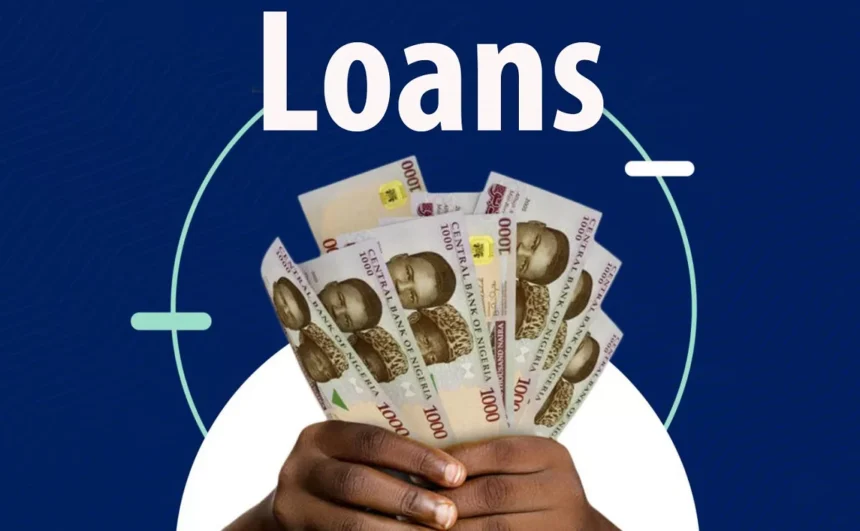Nigeria’s debt profile is projected to surge to N183 trillion by the end of 2025 as the Federal Government pursues a $24 billion loan package from international lenders, including the World Bank, African Development Bank (ADB), China, and other sources.
This move comes amid growing concerns over the country’s rising debt burden and sustainability, with experts warning of potential economic strain if borrowing continues without productive investments.
Recall that President Bola Tinubu on Tuesday approached the National Assembly seeking approval for a $21.5 billion foreign loan.
The President said the proposed borrowing aims to bolster the nation’s fiscal capacity amid ongoing economic reforms.
The fresh borrowing comprises $21.54bn, €2.19bn, and ¥15bn. Using the latest market exchange rates—€1 to $1.1381 and ¥1 to $0.0068—the euro component converts to approximately $2.5bn while the Japanese yen translates to $102m.
In total, the new loans amount to an estimated $24.14bn. When converted at the official rate of N1,583.7388 to the dollar, the naira equivalent of these loans comes to N38.24tn.
Meanwhile, the official data released by the Debt Management Office (DMO) revealed that Nigeria’s debt profile stood at N144.67 trillion ($94.23 billion) as of December 2024, marking a 48.58% increase from N97.34 trillion in 2023.
Pan-Atlantic Kompass reports that Nigeria’s debt profile is expected to reach N182.91 trillion should the National Assembly give its nod to Tinubu’s latest loan request.
If the new borrowing is approved in full, Nigeria’s external debt will increase from $45.78bn to roughly $69.92bn—an additional $24.14bn, representing a 52.7 percent surge.
In naira terms, this would push the external debt portion of Nigeria’s total public debt to over N108tn.
With emerging concerns, the Director of Information and Public Relations at the Federal Ministry of Finance, Mohammed Manga, in a statement, offered clarifications regarding Tinubu’s loan request.
Manga, in the statement, explained that the Debt Rolling Plan serves as a structured framework for external borrowing by both federal, state, and local governments over two years.
The statement reads in part: “The proposed Debt Rolling Plan outlines the external borrowing framework for the federal and sub-national governments over two years.
“By adopting a structured, forward-looking approach, the plan facilitates comprehensive financial planning and avoids the inefficiencies of ad hoc or reactive borrowing practices.
“This strategic method enhances Nigeria’s ability to implement effective fiscal policies and mobilize development resources.”
Manga also allayed fears, emphasizing that the plan does not automatically translate to an increase in the nation’s debt burden.
“The majority of the proposed borrowing will be sourced from Nigeria’s development partners, including the World Bank, African Development Bank, French Development Agency, European Investment Bank, JICA, China Eximbank, and the Islamic Development Bank. These institutions offer concessional financing with favorable terms and long repayment periods, thereby supporting Nigeria’s development objectives sustainably,” the statement added





